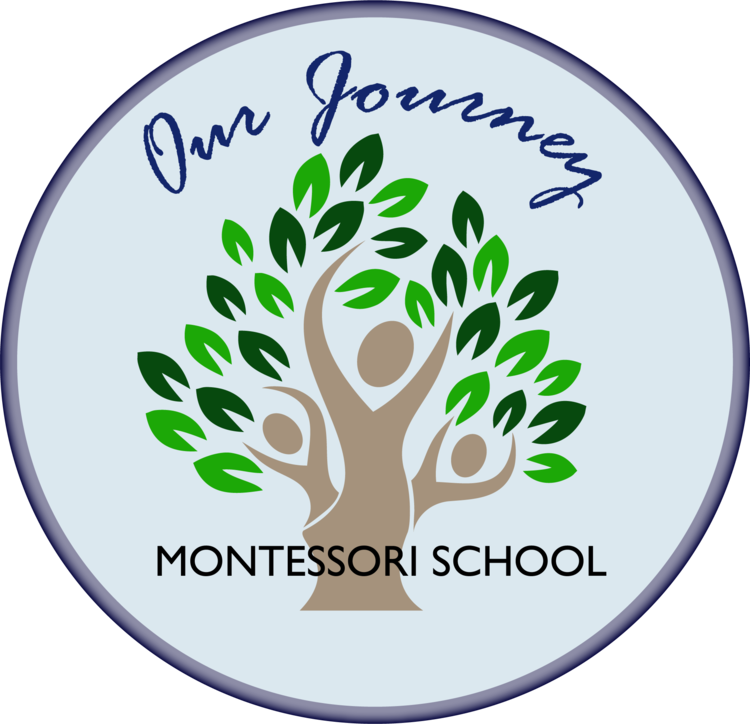Admissions Process
Admissions Process
Schedule a tour to discover more about our program and explore our beautiful campus.
Complete the New Student Application and submit the $55 New Student Application Fee.
Expect to receive an email within 5 business days with your acceptance and detailing any additional requirements for acceptance.
Submit your school enrollment contract and pay the annual enrollment fee to finalize enrollment.
Admissions Standards
The admission policies and criteria consider not only a student’s suitability for a specific classroom but also their and their family's commitment to Montessori education and active participation in school life.
At Our Journey Montessori School, we uphold a nondiscrimination policy that ensures all applications for admission are considered without regard to race, gender, disability, religion, national or ethnic origin. Additionally, we actively promote diversity as a core value in our curriculum, student body, and staff. We believe that fostering a diverse environment enriches the educational experience by exposing children to different backgrounds, learning styles, and innate talents.
We uphold the privacy rights of all prospective students and families, and maintain strict confidentiality of all reports, records, interview information, and any other materials obtained during the admission application process.
We embrace applications from a diverse range of students, understanding that each child's development is unique. While we strive to accommodate a wide array of learning needs, we acknowledge our limitations in addressing highly complex or specialized needs without disrupting our program. Therefore, our admissions process considers our capacity to support specific special needs when evaluating applications. Students with special needs within our capability may be accepted on a provisional basis.
Placement decisions will be finalized by the Directress, taking into consideration input from parents, teachers, and records. Final enrollment decisions may require interviews and classroom visits by both students and parents. The Directress's decisions will prioritize the individual needs of each child and their role within the classroom community.
Infant/Toddler Admission - 6 months to 3 years
Children must be at least 6 months of age to be considered for Infant/Toddler admission. Children need not be trained in bathroom habits. This is part of the curriculum.
Emerging Admission
Children will be assessed individually as to their ability to attend class. Children must be at least 2.5 years of age as of September 1 to be considered for Emerging admission. Children need not be trained in bathroom habits. This is part of the curriculum.
Early Childhood Admission
Children must be at least 3 years of age as of September 1 to be considered for Early Childhood admission. Children must be able to toilet independently. Wearing diapers or training pants (including pull-up style) is not accepted in this environment.
Elementary 1, Elementary 2 and Middle School Admission
Children must be 6 years old by September 1 to be considered for Elementary. Children must be 12 years of age to be considered for Middle School. Placement and enrollment decisions will be based on an individual assessment of a child’s ability to work in a Montessori environment, transcripts and records, and requested interviews and classroom visits.

